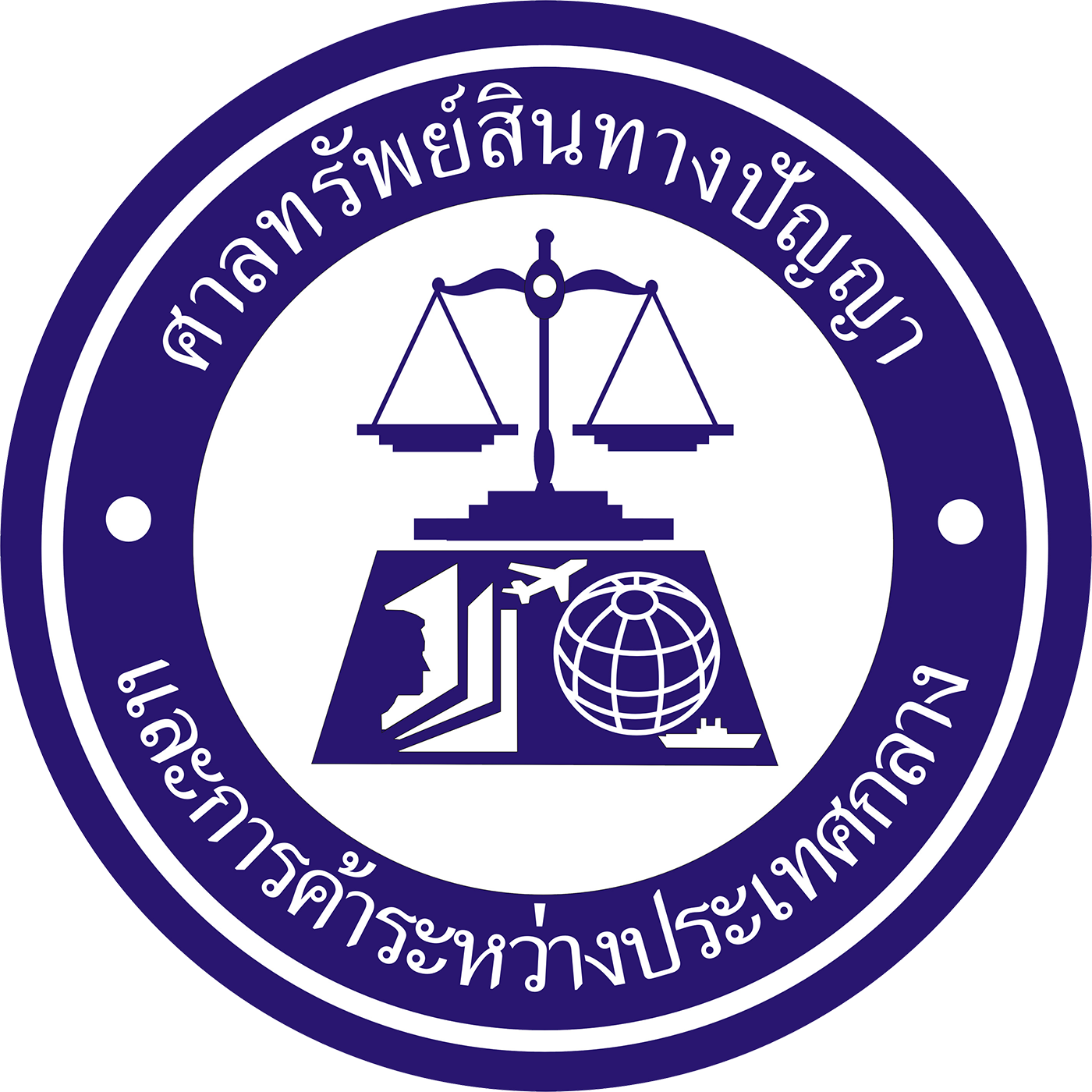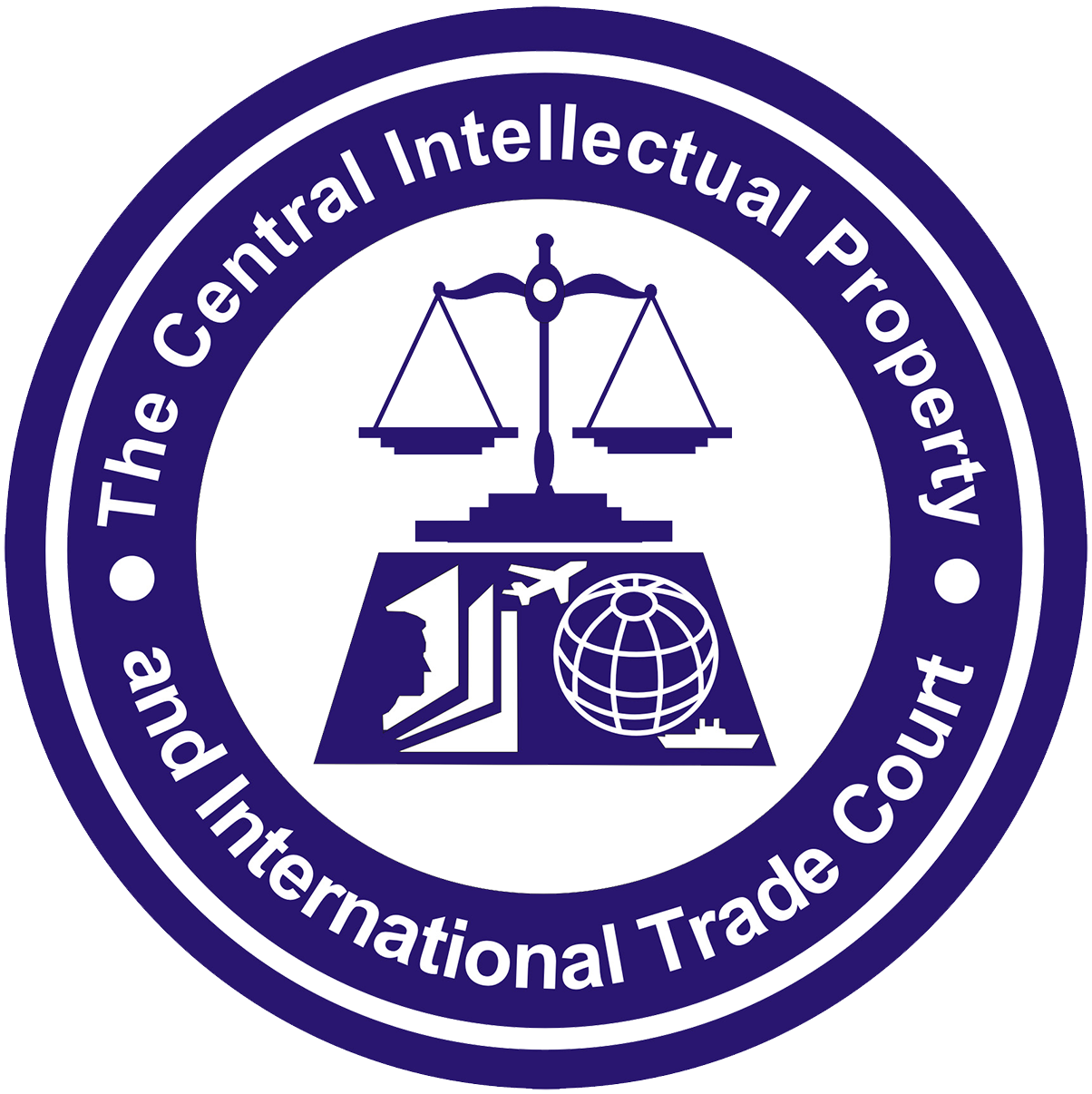
ศาลทรัพย์สินทางปัญญาและการค้าระหว่างประเทศกลาง
Jurisdiction
According to the Act for the Establishment and Procedure for Intellectual Property and International Trade Courts B.E. 2539 (1996), the jurisdiction of the Central Intellectual Property and International Trade Court covers 6 provinces; Bangkok, Samut Prakan, Samut Sakhon, Nakhon Pathom, Nonthaburi, and Pathum Thani.
However, as regional Intellectual Property and International Trade Courts have not yet been established, the jurisdiction of the Central Intellectual Property and International Trade Court, therefore, covers the entire Kingdom, according to Section 47 of the Act for the Establishment of and Procedure for Intellectual Property and International Trade Court B.E. 2539 (1996) which is a transitory provision. In order to facilitate convenient and uncostly proceeding, the plaintiff of a civil case may submit the plaint to the provincial Court within the territorial jurisdiction of which the defendant is domiciled or to the provincial Court within the territorial jurisdiction of which the cause of action arose. The plaintiff in a criminal case may submit the charge to the provincial Court within the territorial jurisdiction of which (1) the offense has, or is alleged or believed to have been committed, or (2) the defendant is residing or has been arrested, or (3) the inquiry has been held.
Intellectual Property and International Trade Cases
The Central Intellectual Property and International Trade Court has the power to adjudicate civil and criminal cases in relation to intellectual property and international trade according to Section 7 of the Act for the Establishment of and Procedure for Intellectual Property and International Trade Court B.E. 2539 (1996) as follows;
(1) Criminal cases regarding trademarks, copyrights, and patents;
(2) Criminal cases regarding offenses under Section 271-275 of the Criminal Code;
(3) Civil cases regarding trademarks, copyrights, and patents and cases arising from agreements on technology transfers or licensing agreements;
(4) Civil cases in connection with Section 271-275 of the Criminal Code;
(5) Civil cases regarding international sale, exchange of goods or financial instruments, international services, international carriage, insurance and other related juristic acts;
(6) Civil cases regarding letters of credit issued in connection with transactions under (5), inward or outward remittance of funds, trust receipts, and guarantees in connection therewith;
(7) Civil cases regarding arrest of ships;
(8) Civil cases regarding dumping and subsidization of goods or services from abroad;
(9) Civil or criminal cases regarding disputes over layout-designs of integrated circuits, scientific discoveries, trade names, geographical identifications, trade
secrets, and plant varieties protection;
(10) Civil or criminal cases that are prescribed to be under the jurisdiction of the Intellectual Property and International Trade Courts;
(11) Civil cases regarding arbitration to settle disputes under (3) – (10)
Cases falling under the jurisdiction of Juvenile and Family Court shall not be under the jurisdiction of the Intellectual Property and International Trade Courts.
Where there is a dispute as to jurisdiction, whether the dispute arises in the Intellectual Property and International Trade Court or in other Courts of justice, the Court shall submit the matter to the President of the Court of Appeal for Specialized Cases for a ruling. Such ruling shall be final. If according to the ruling of the President of the Court of Appeal for Specialized Cases the Court that adjudicates the case should be changed, the current Court shall transfer the case to such Court. Any proceeding carried out prior to the case transfer shall be valid unless the transferee Court orders otherwise. This is pursuant to Section 9 of the Act for the Establishment of and Procedure for Intellectual Property and International Trade Court B.E. 2539 (1996) amended by the Act for the Establishment of and Procedure for Intellectual Property and International Trade Court (Second Issue) B.E. 2558 (2015). Regarding this issue, before the amendment, it was the power of the President of the Supreme Court to render such ruling.





